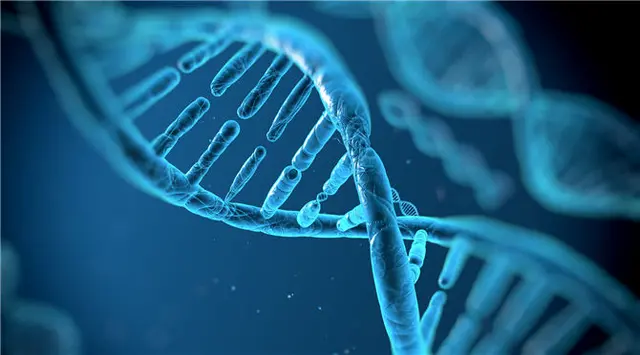Harvesting stem cells through procedures such as bone marrow transplants could become quicker and easier thanks to a breakthrough developed by Australian scientists.
The traditionally-painful and invasive procedure is expected to eventually become a thing of the past as scientists at the Commonwealth Scientific and Industrial Research Organisation (CSIRO) have found a way to reduce the time required to harvest an adequate number of stem cells.
Stem cells are routinely harvested from healthy donor patients in order to help treat cancers such as Leukemia.
The method combines the use of a newly-discovered molecule (called BOP) with an existing molecule (AMD3100) to "mobilize" stem cells found in bone marrow into the blood stream.
The molecules 'herd' the stem cells quickly so that doctors can harvest the cells in record time, reducing the invasive and painful nature of the harvest.
CSIRO researcher Dr Susie Nilsson said her team could harvest stem cells within an hour of administering the molecules.
"Current treatment requires the patient to have growth factor injections for several days leading up to the procedure," Nilsson said in a statement on Wednesday.
"Using the new method eliminates the need for this, meaning a procedure that once took days can be reduced to around an hour.
"The (current procedure's) growth factor can cause unpleasant side effects like bone pain and spleen enlargement for some patients.
"Other patients simply don't respond well, and their stem cell count never gets high enough for a successful transplant."
According to the CSIRO, by combining the two molecules, it not only negates the need for the "growth factor" but also helps replenish cells in the marrow faster, leading to lessened pain and side effects after the procedure.
Professor Peter Currie from the Australian Regenerative Medicine Institute (ARMI) said his team was excited to move the discovery into clinical trials, in order to test the effectiveness of the world-first method.
He said a major benefit of the discovery is that harvesting stem cells will become more efficient and effective, considerably reducing the stress for donors.
"We're looking forward to seeing patients benefit from this discovery," he said on Wednesday.
 简体中文
简体中文





